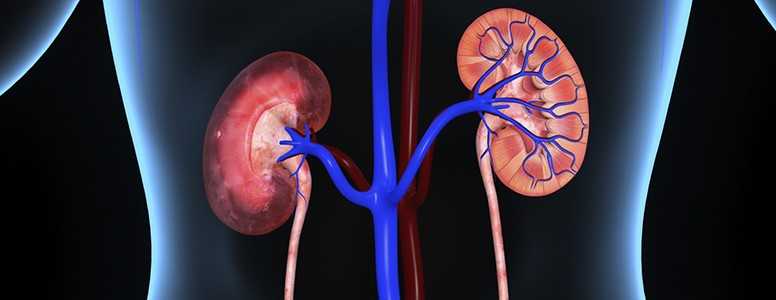People with proliferative diabetic retinopathy (PDR) could have their sight improved through injections of the drug Lucentis (ranibizumab), according to new findings.
PDR is a developed form of retinopathy when a lack of blood flow in the retina increases the production of a substance called vascular endothelial growth factor. This can stimulate the growth of new, abnormal blood vessels which can damage the retina and cause it to detach, leading to blindness.
Uncontrolled blood sugar levels can lead to diabetic retinopathy due to the damage that can be caused to the cells at the back of the eye.
Standard treatments for PDR currently include laser therapy, but this can lead to side effects such as trouble seeing at night and the loss of peripheral vision.
Researchers from the diabetic retinopathy Clinical Research Network (DRCR.net) assessed the efficacy of Lucentis in a randomised clinical trial. Lucentis (the market name of ranibizumab) can help prevent new blood vessels growing and allow the eye to heal itself. It is commonly used in treating diabetic macular edema.
305 patients were included in the study, with PDR diagnosed in 394 eyes. Patients randomly received either Lucentis injection once per month for three months or laser therapy – almost half of the eyes
in the laser group had more than one round of laser treatment. The study allowed for Lucentis to be administered in patients with diabetic macular edema that were in the laser group.
After two years, the vision of those in the Lucentis group improved by roughly half a line on an eye chart. In the laser group, there was virtually no change.
Dr. Lloyd Paul Aiello, professor at Harvard Medical School, said: “Patients who received Lucentis showed a little bit better central vision, much less loss of their side vision, and substantially less risk for surgery than patients who received laser treatment.”
Study chair Jeffrey G. Gross, M.D., Carolina Retina Centre in Columbia, South Carolina, added: “Lucentis should be considered a viable treatment option for people with proliferative diabetic retinopathy, especially for individuals needing anti-vascular endothelial growth factor for diabetic macular edema.”
The study was presented on Friday 13 November at the annual meeting of the American Academy of Ophthalmology.
What's new on the forum? ⭐️
Get our free newsletters
Stay up to date with the latest news, research and breakthroughs.








